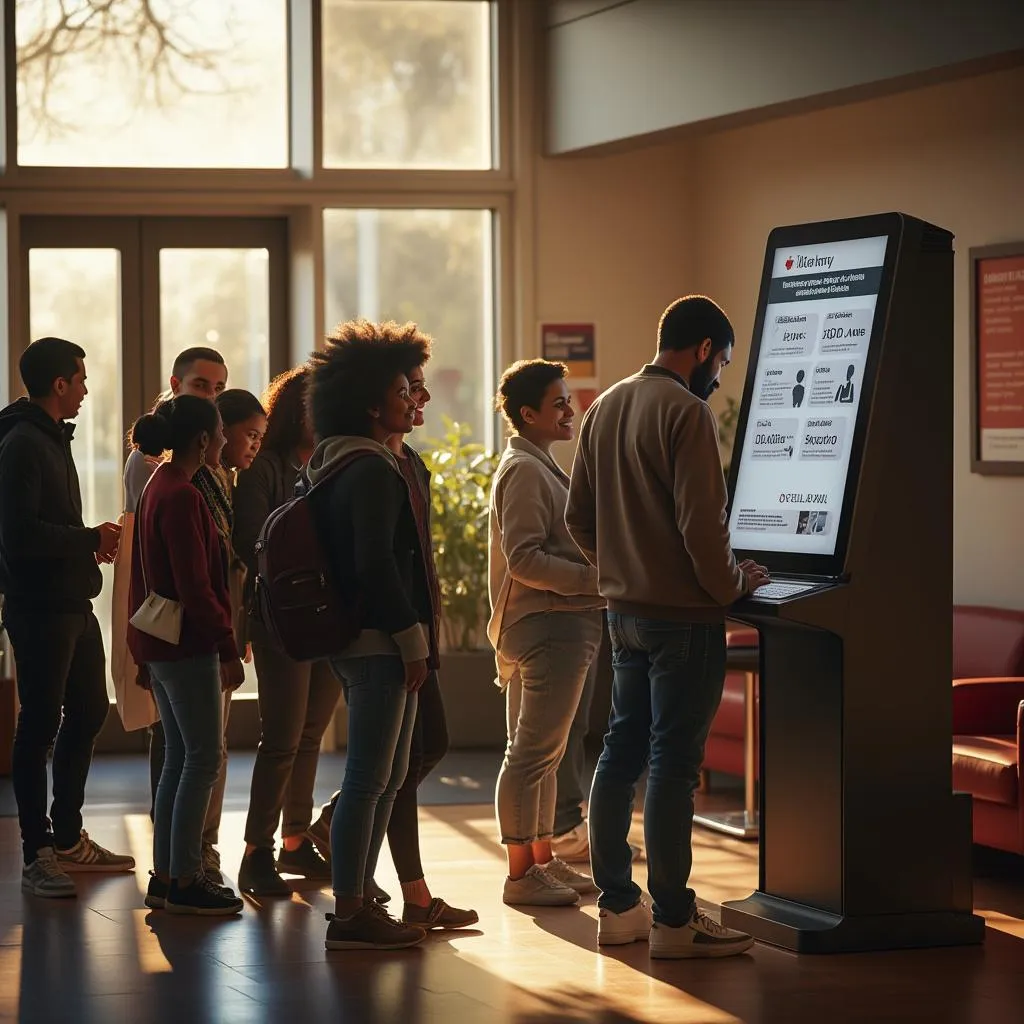Understanding Digital Rights and Responsibilities in Canada
For immigrants in Canada, understanding digital rights and responsibilities is crucial for a secure and productive online experience. This guide outlines the essential aspects of digital rights under Canadian law, focusing on the Personal Information Protection and Electronic Documents Act (PIPEDA), and the responsibilities that come with using digital platforms.
Digital Rights Under PIPEDA
PIPEDA is the cornerstone of digital rights in Canada, governing how personal information is handled by private organizations. Key protections include:
- Consent is required before collecting personal information.
- Data use is restricted to the purpose for which it was collected.
- Individuals have the right to access and correct their personal data.
- Explicit permission is needed for sharing personal details.
Provincial laws in Quebec, British Columbia, and Alberta provide additional privacy protections, enhancing digital security for residents.
Responsibilities in the Digital Space
Engaging responsibly online is essential. Key responsibilities include:
- Adhering to website terms of service and platform guidelines.
- Refraining from illegal activities like piracy and copyright infringement.
- Avoiding the spread of misinformation and hate speech.
- Respecting others’ privacy and data.
- Engaging cautiously with online gambling, using only legal platforms.
Canada’s Support for Immigrant Digital Integration
Canada offers various resources to help immigrants navigate the digital landscape safely and effectively, including:
- Multi-language government websites and user-friendly guides.
- AI-powered chatbots for immigration inquiries.
- Stricter online regulations to combat scams and misinformation.
- Pre-arrival digital education and workshops on secure resource use.
Filing Complaints and Understanding the Importance of Digital Awareness
Knowing how to address violations of digital rights is equally important as understanding the rights themselves. Canada provides clear avenues for recourse if individuals believe their digital rights have been infringed upon.
Filing Complaints for Digital Rights Violations
If an individual believes their personal information has been misused or their rights under PIPEDA have been violated, they can take the following steps:
- Contact the organization directly to address the issue informally.
- File a formal complaint with the Office of the Privacy Commissioner of Canada if the issue remains unresolved.
The Privacy Commissioner investigates such complaints and works to resolve disputes, ensuring that organizations comply with their legal obligations under PIPEDA.
The Role of Digital Literacy in Integration
Digital literacy is a key component of successful integration into Canadian society. Immigrants who understand how to use digital tools safely and effectively are better equipped to:
- Navigate government services and access important information online.
- Connect with communities and build social networks.
- Enhance employability through online skills development.
- Protect themselves from online scams and fraud.
Conclusion
Digital rights and responsibilities are a cornerstone of life in Canada, particularly for immigrants who rely heavily on digital tools for integration and daily living. Understanding and exercising these rights, while fulfilling digital responsibilities and staying informed about updates in digital law, will help ensure a safe and productive digital experience in Canada.
“`html
Conclusion
Understanding and navigating digital rights and responsibilities in Canada is essential for immigrants to thrive in the digital age. By familiarizing themselves with laws like PIPEDA, staying informed about their digital responsibilities, and utilizing the resources available, immigrants can ensure a secure and productive online experience. Canada’s robust legal framework and commitment to digital inclusion provide a supportive environment for newcomers to integrate successfully into society while protecting their privacy and digital well-being.
Frequently Asked Questions (FAQ)
What is PIPEDA, and how does it protect my digital rights in Canada?
PIPEDA (Personal Information Protection and Electronic Documents Act) is Canada’s federal law that governs how private organizations collect, use, and disclose personal information. It ensures your data is handled responsibly, requires consent for collection, and gives you the right to access and correct your information.
How can I file a complaint if my digital rights are violated?
If you believe your digital rights have been violated, you can first contact the organization directly to resolve the issue informally. If unresolved, file a formal complaint with the Office of the Privacy Commissioner of Canada, which investigates and works to resolve disputes under PIPEDA.
What are my responsibilities in the digital space as an immigrant in Canada?
Your responsibilities include adhering to website terms of service, avoiding illegal activities like piracy, refraining from spreading misinformation, respecting others’ privacy, and engaging cautiously with online gambling using only legal platforms.
What resources are available to help me improve my digital literacy in Canada?
Canada offers multi-language government websites, AI-powered chatbots, pre-arrival digital education, and workshops to help immigrants navigate the digital landscape safely and effectively.
Why is digital literacy important for integration in Canada?
Digital literacy helps immigrants access government services, connect with communities, enhance employability, and protect themselves from online scams and fraud, making it a key component of successful integration.
“`



